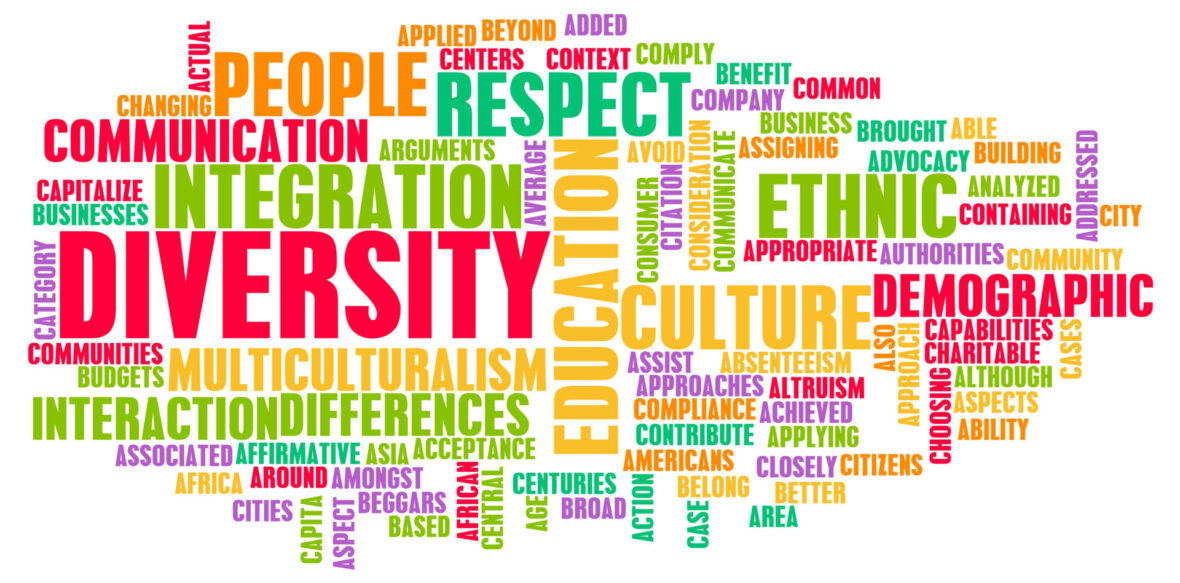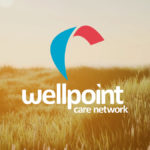Cultural Humility Training: Creating a Path to Healing Through Understanding

At Wellpoint Care Network, our mission includes both the responsibility to deliver high-quality, accessible services, but also to help children and families thrive in their communities.
We know that in order to help individuals heal and to strengthen the community we live and work in, we must fully understand the complexity of those in our care. Healing starts with us, so at Wellpoint Care Network, we begin this work with ourselves through education and exploration of the behaviors, decisions and resources within our control.
That is why we introduced Cultural Humility training as part of professional development for all of our employees.
“It centers around the importance of fostering respectful and effective interactions with families while honoring their cultural practices,” said Shameka Phillips, Professional Learning and Development Consultant at Wellpoint Care Network. “The goal is to gain insight on how to work with families from diverse cultural backgrounds because there may not be that lived experience or cultural understanding that exists within all of our employees.”
But what exactly is ‘Cultural Humility?’ And why is it relevant in our work of helping children and families thrive?
Dion Racks and Patricia Parker are co-facilitators of the training. They explain that there are four tenets of Cultural Humility. The first is critical self-reflection
“Understanding your beliefs, values and cultural experiences — and how they affect how you show up and serve others,” said Racks. “The more you do that, the better off you are and the more humble you become. You start to recognize, ‘Hey, there are things within me that I need to address before I can go out and serve others.’”

The second tenet is addressing power imbalances.
“Recognizing that when you work with families, you hold a position of power,” added Racks. “When you’re in that seat, that’s power. How do you work to reduce those power imbalances and engage in a way that feels collective and collaborative? Ultimately, this helps lower families’ anxiety and build trust.”
Next is community partners.
“How do you engage and get to know the community in which you work and serve?” said Racks “You have to know something about the community in which you work and serve in order to be effective and humble.”
Lastly, there is organizational responsibility.
“There’s an organizational responsibility to ensure that our work is carried out in a family-centered way,” said Racks. “So, who are we hiring? Do we have the right services in place? And if not, we must take responsibility for addressing those gaps.”
Wellpoint Care works to promote a diverse and caregiving environment to ensure that those we serve are valued, accepted, respected and treated equitably. Whether working in Child and Family Well-being, Mental Health, Training and Consulting or Administration, Cultural Humility training is in place to help build stronger relationships with those we serve which ultimately leads to better outcomes of helping children and families thrive.
“The fact of the matter is a large chunk of our workforce has joined us within the past two years,” said Phillips. “So, we would hear about instances where our staff was asking their supervisors about how to handle situations. This was one way we could help better prepare both supervisors and front-line staff for whatever may come up while working in the community.”
The training was first introduced in the fall of 2024. As of February 2025, about 60% of Wellpoint Care’s supervisory staff had been trained with the remaining staff scheduled to be trained by the end of year.
“When employees leave this training, they have more information and more tools than they had before they came,” said Parker. “Or they feel validated about the things they already knew.”
When our employees are able to be their authentic selves, participate fully and feel seen and heard, the result is a diverse workforce with much broader perspectives. We seek to bring together the talents of those from all races, ages, genders and sexual identities, religious and spiritual beliefs, as well as those with lived experiences that reflect the individuals and families in our care.
“One thing I think Wellpoint Care does very well is that they understand family-centered practice,” added Parker. “They understand the importance of recruiting people who reflect or who are open to learning about the families that they care for.”
To learn about available job opportunities and to join our team, click here.




